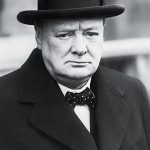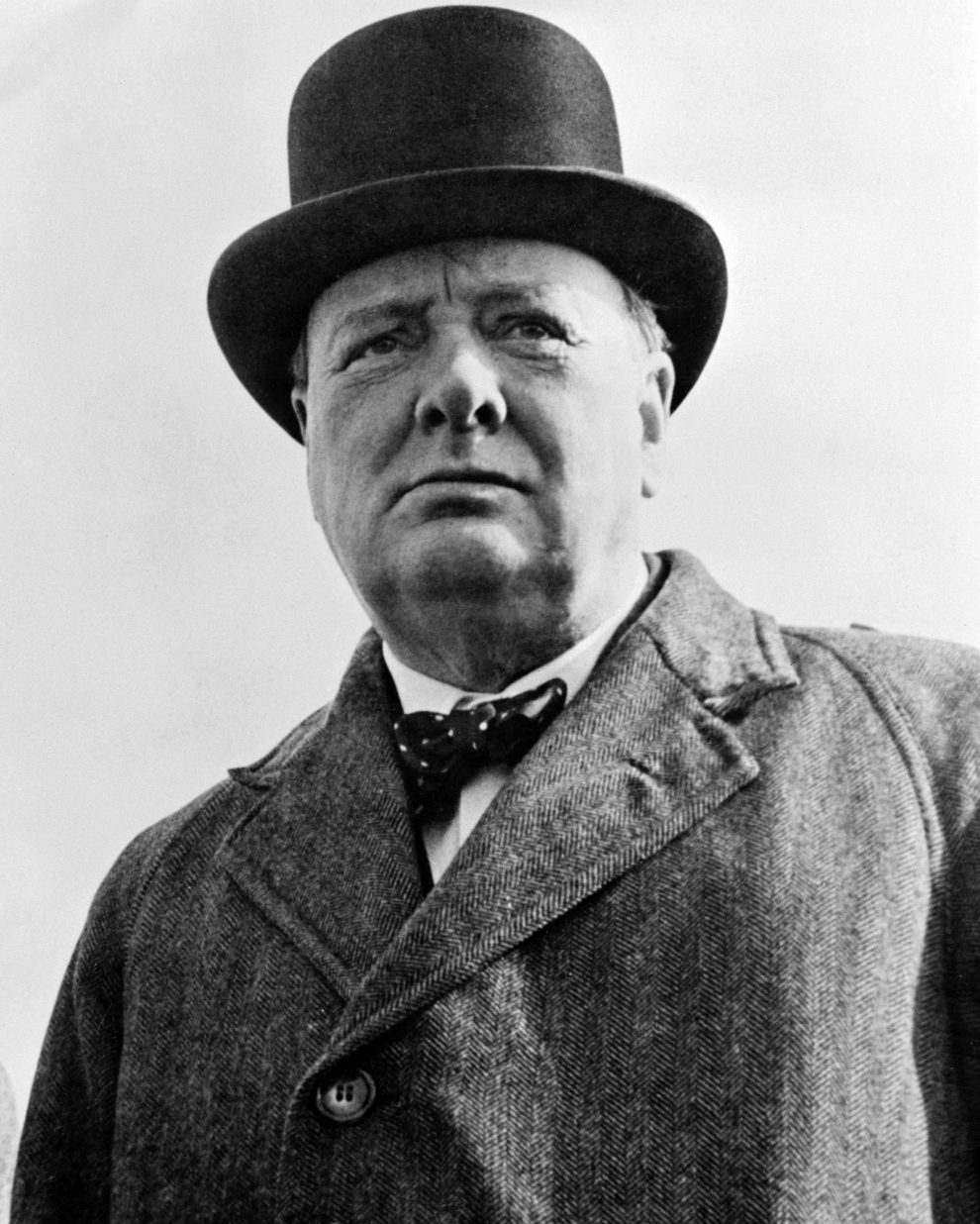
Churchill’s early life was marked by privilege and determination. Coming from an aristocratic family, he received a prestigious education at Harrow School and the Royal Military College. He embarked on a military career and served in conflicts such as the Sudan Campaign and the Second Boer War. These early experiences shaped Churchill’s character and nurtured his resilience, as he faced numerous challenges on the battlefield.
However, it was in the realm of politics where Churchill truly made his mark. He served as a Member of Parliament for more than six decades, representing various constituencies. Churchill’s early political career was marked by his ability to effectively articulate his ideas and influence public opinion through his powerful speeches and writings. His deep understanding of geopolitics and history earned him the admiration of many.
Churchill’s leadership came to the forefront during World War II. In 1940, when Britain was facing imminent threat from Nazi Germany, Churchill became the Prime Minister. His indomitable spirit and unwavering resolve rallied the British people and instilled a sense of unity and determination. His famous speeches, such as the “We Shall Fight on the Beaches” address, became iconic symbols of defiance and resilience.
Under Churchill’s leadership, Britain stood strong against the Nazi onslaught, inspiring other Allied nations and turning the tide of the war. Churchill worked closely with world leaders such as Franklin D. Roosevelt and Joseph Stalin to coordinate military strategies and shape the post-war world order. His leadership during this critical period earned him international recognition and made him a symbol of resistance against tyranny.
Beyond his wartime achievements, Churchill left a lasting impact on domestic policies as well. He championed social welfare reforms and played a key role in establishing the modern welfare state in Britain. He believed in providing equal opportunities and improving the living conditions of the working class, laying the groundwork for a fairer society.
Churchill’s political career was not without controversy. He held staunch conservative views and was criticized for some of his actions, such as the handling of the Bengal famine in India. Nevertheless, his leadership during the war overshadowed these criticisms, and his dedication to the well-being of the British people remained unquestioned.
After the war, Churchill’s political career continued, although he faced electoral defeat in 1945. He served as Prime Minister again from 1951 to 1955, focusing on rebuilding Britain and fostering international relations. In 1953, he received the Nobel Prize in Literature for his historical writings, further cementing his status as a revered statesman and author.
Winston Churchill passed away on January 24, 1965, leaving behind a powerful legacy that endures to this day. His words and actions continue to inspire leaders around the world, reminding them of the importance of courage, determination, and resilience in the face of adversity. Churchill’s leadership during World War II remains a shining example of how a single individual can make a profound impact on the course of history.
In conclusion, Winston Churchill was a remarkable leader who played a pivotal role in shaping the 20th century. His unwavering resolve, powerful speeches, and decisive actions during World War II galvanized the British people and inspired the Allied nations. Churchill’s legacy extends beyond his wartime leadership, as he made significant contributions to social welfare and international relations



















Add Comment